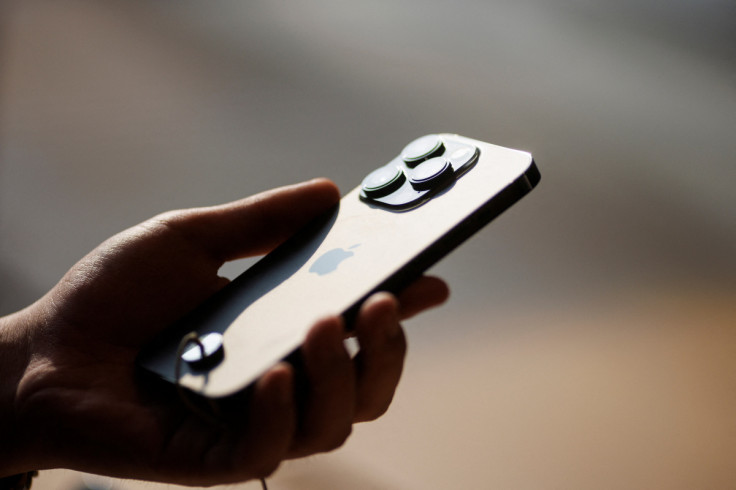Apple CEO Tim Cook confirms iPhones use Sony's camera sensors
Apple CEO Tim Cook has revealed that the American tech giant has been using Sony image sensors in iPhones for over a decade.
Apple does not disclose some specifications of its new iPhones. For instance, the American tech giant usually refrains from revealing which camera sensors are used in the iPhones.
A third party sheds some light on these specifications. Still, some of the specifications are not made public. Apple CEO Tim Cook has now revealed vital information regarding the iPhone camera sensor.
Taking to his Twitter account, the top executive confirmed that Apple has been using Sony image sensors in its iPhones for over a decade.
The Cupertino-based tech firm usually reveals only generic information, including the resolution and aperture of the camera. However, the word on the street was that Sony supplies iPhone camera sensors.
In fact, some reports claim Apple will equip the upcoming iPhone 15 series with Sony's image sensor. In his latest tweet, Cook shared a picture of him at the Kumamoto facility.
In the photo, Cook is accompanied by Sony CEO Kenichiro Yoshida. With this admission, Apple has put a myriad of rumours about iPhones using Sony camera sensors to rest.
Also, this is a major sign that the next iPhone models might get Sony image sensors. These state-of-the-art image sensors can reportedly clearly capture an individual's face despite bright backlighting.
According to past leaks, Sony has used a 2x saturation signal level in each pixel compared to regular sensors. Moreover, this Sony camera sensor is expected to capture more light and minimize overexposure or underexposure.
However, these sensors haven't entered the production stage yet. They will be manufactured at Sony's Nagasaki plant. Notably, Apple might launch the iPhone 15 lineup with these sensors in Q2 of 2023.
Last year, Sony had around 44 per cent of the CMOS (complementary metal oxide semiconductor) image sensor market. On the other hand, Samsung controlled 18.5 per cent of the CMOS market in 2021.
Sony is reportedly planning to shell out JPY 900 billion in 2023 to tighten its grip on the CMOS image sensor market. The company hopes to gain about 60 per cent of the market by 2025.

© Copyright IBTimes 2024. All rights reserved.






